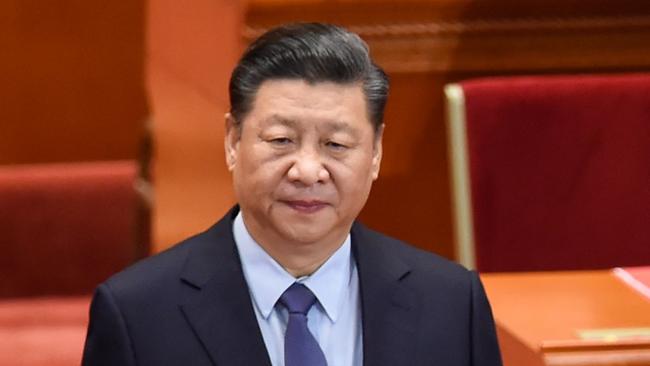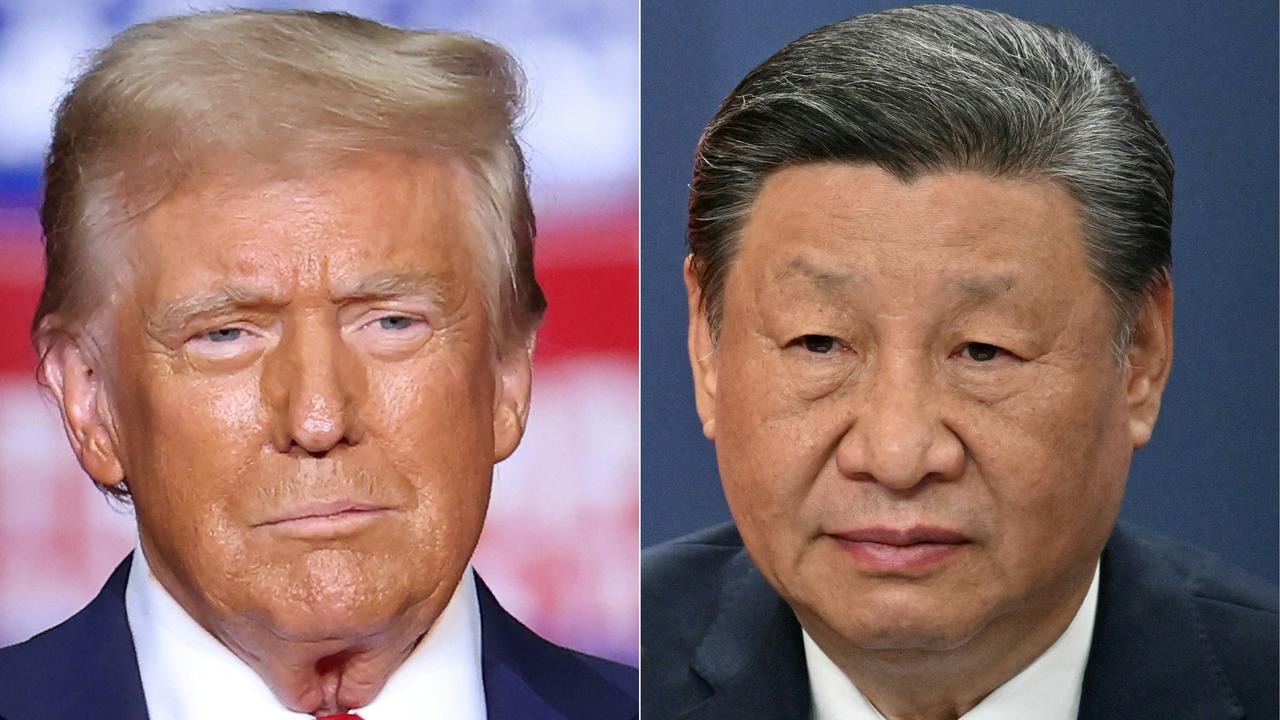Trust in China falls in Southeast Asia as Joe Biden bounces
Southeast Asian opinion leaders have become more anxious about China over the past 12 months, while the election of Joe Biden has seen a dramatic restoration of trust in the US.

Southeast Asian opinion leaders have become more anxious about President Xi Jinping’s China over the past 12 months, while the election of Joe Biden has seen a dramatic restoration of the region’s trust in the US.
A new survey of elite opinion across ASEAN — Brunei, Cambodia, Indonesia, Laos, Malaysia, Myanmar, Vietnam, Singapore, The Philippines and Thailand — presents a region of 650 million people concerned with COVID-19 and unsettled by China’s assertiveness.
Distrust in China crept up 3 per cent to 63 per cent of respondents, according to the survey by the ASEAN Studies Centre at Singapore’s ISEAS-Yusof Ishak Institute.
Meanwhile, trust in the US soared to 48.3 per cent, up 18 per cent from last year’s survey when Donald Trump was president.
“All of the major powers have improved on the trust rankings, except for China,” Sharon Seah, one of the report’s authors, told The Australian.
The Singapore-based institute canvassed more than 1000 opinion leaders from government, business, academia, media and regional organisations across the 10 members of ASEAN in the two months after Mr Biden’s election in November.
Its results suggest goodwill towards many figures in the new US administration, including veteran diplomat Kurt Campbell, the co-ordinator for Indo-Pacific affairs, who is well known in the region.
Managing COVID-19 was judged the region’s top concern by 76 per cent of the respondents. China was recognised by almost half as providing the most help on COVID-19 to the region. Japan was ranked a distant second.
However, China’s vaccine diplomacy was unable to overcome broader concerns. “When countries in the region look at what’s happening with Australia, they are wary about the same kind of treatment happening to them,” said Ms Seah, co-ordinator of the institute’s ASEAN studies centre.
Anxiety about Beijing’s strategic clout rose to 88.6 per cent from 85.4 per cent last year. China’s perceived threat to the rules governing the region was a clear concern.
“The widely held view by 46.3 per cent of the respondents is that ‘China is a revisionist power and intends to turn Southeast Asia into its sphere of influence’, an increase from 38.2 per cent last year,” the report found.
Asked what China could do to improve relations with their respective countries, more than 68 per cent said: “China should respect my country’s sovereignty and not constrain my country’s foreign policy choices”. That was up from 62 per cent last year.
The survey came after the Washington-based Pew Research Centre last year found negative sentiment towards China had reached record levels in South Korea, Australia, Germany, The Netherlands, Sweden, Britain, Spain, Canada and the US.



